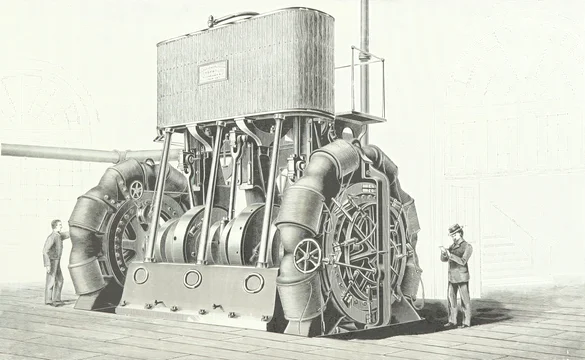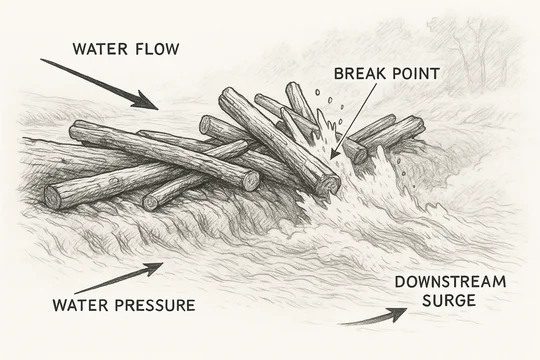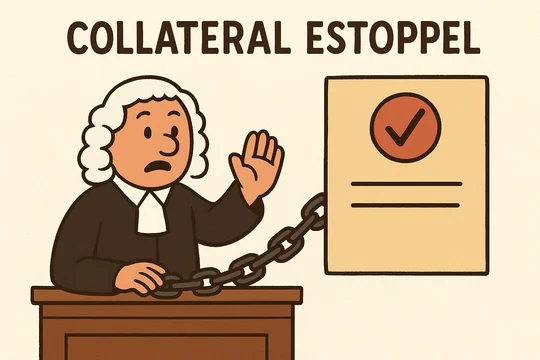
Last week in Pierre Fabre Medicament SAS v. Rubicon Research Private Ltd., C.A. No. 24-811-JLH-SRF (D. Del.), Judge Fallon ruled on a set of discovery disputes involving a motion to compel the patentee to make its inventors—who are employees residing in France—available for fact depositions under FRCP 30(b)(1).
In this case, it looks like the accused infringer has a an improper inventorship defense—which sounds like a very good reason to want to depose the inventors.
The interesting thing, to me, is that the patentee tried to fight these depositions at all. The Court easily (and unsurprisingly) batted away each of their objections.
The …







